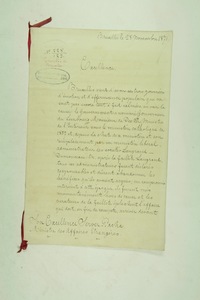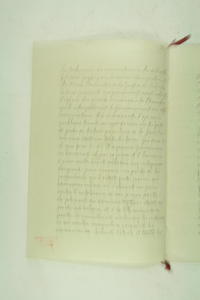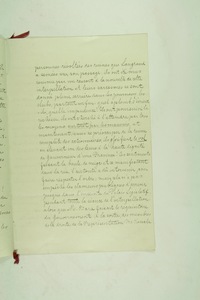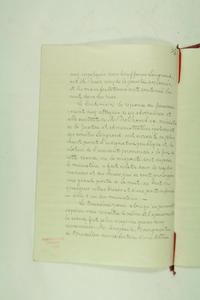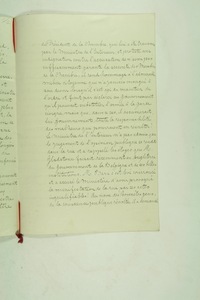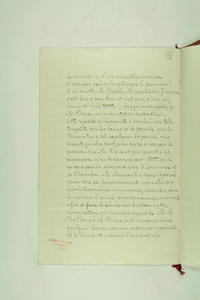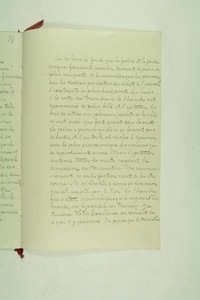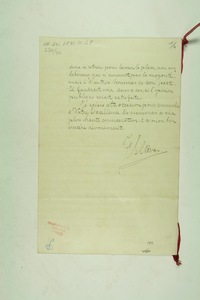Ottoman Diplomats
Letters from the Imperial Legation in Brussels (1849–1914)
Synopsis
Troubles de Bruxelles
Glavany explains why the Belgian government’s nomination of Pieter De Decker as governor of Limburg stirred emotions in Brussels. De Decker was an inappropriate choice, because he had been administrator of the Langrand bank that went bankrupt. The liberal MP Jules Bara announced that he would interpellate the Catholic government on this nomination. What followed were three days of unrest, which Glavany describes without giving his own opinion on the incident. The Belgian public opinion was focused on what Bara would say and do. The administrators of the bank, mostly members of the Catholic Party, received a lot of criticism, the main criticism being that they wanted to enrich themselves in bad ways. This led to unrest and protest, not only in the streets, but also in the public gallery of the House of Representatives during the session of Bara’s interpellation. The next day, the unrest worsened, as the government defended itself in parliament. The session of the third day aggravated the situation even more. Glavany describes this debate (and the discourses of Anspach, Jacobs, Nothomb and Bara), during which Bara demanded the government to resign. The incident was closed, but on the streets the crowd became more compact, and continued shouting, smashing windows, and demanding the government’s resignation. De Decker resigned; his resignation was accepted by the King, Leopold II. Glavany concludes by noting the expectation that the government would have to be replaced, not by a liberal government – for the liberals were a minority – but by other Catholics.
Facsimiles
How to cite
If you use this website for your own research, we kindly ask you to mention the following reference in your publications:
Consulted online at Ottoman Diplomats: Letters From the Imperial Legation in Brussels (1849–1914) (2014 Edition), Centre for Political History (PoHis), University of Antwerp, <http://dighum.uantwerpen.be/ottomandiplomats/>.
